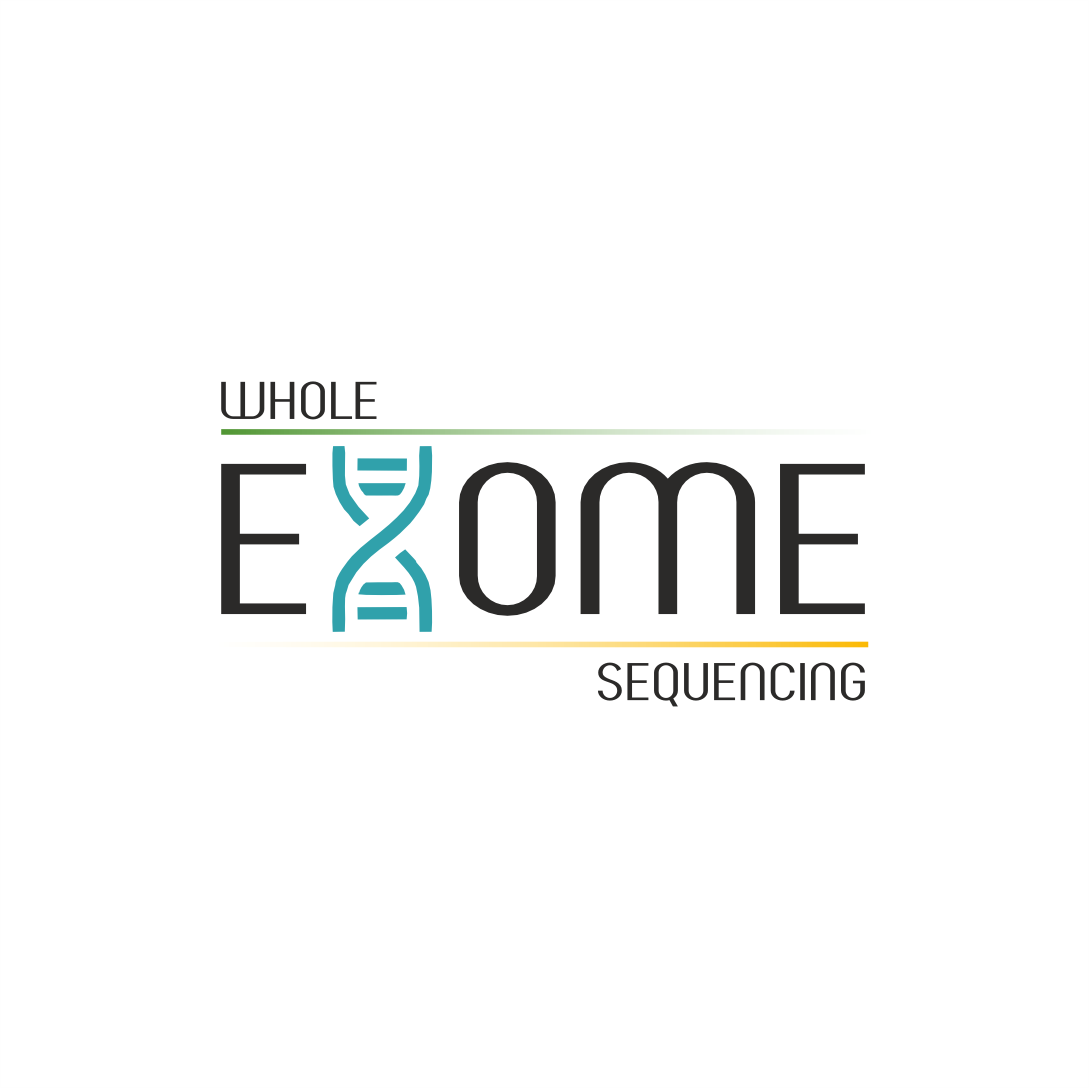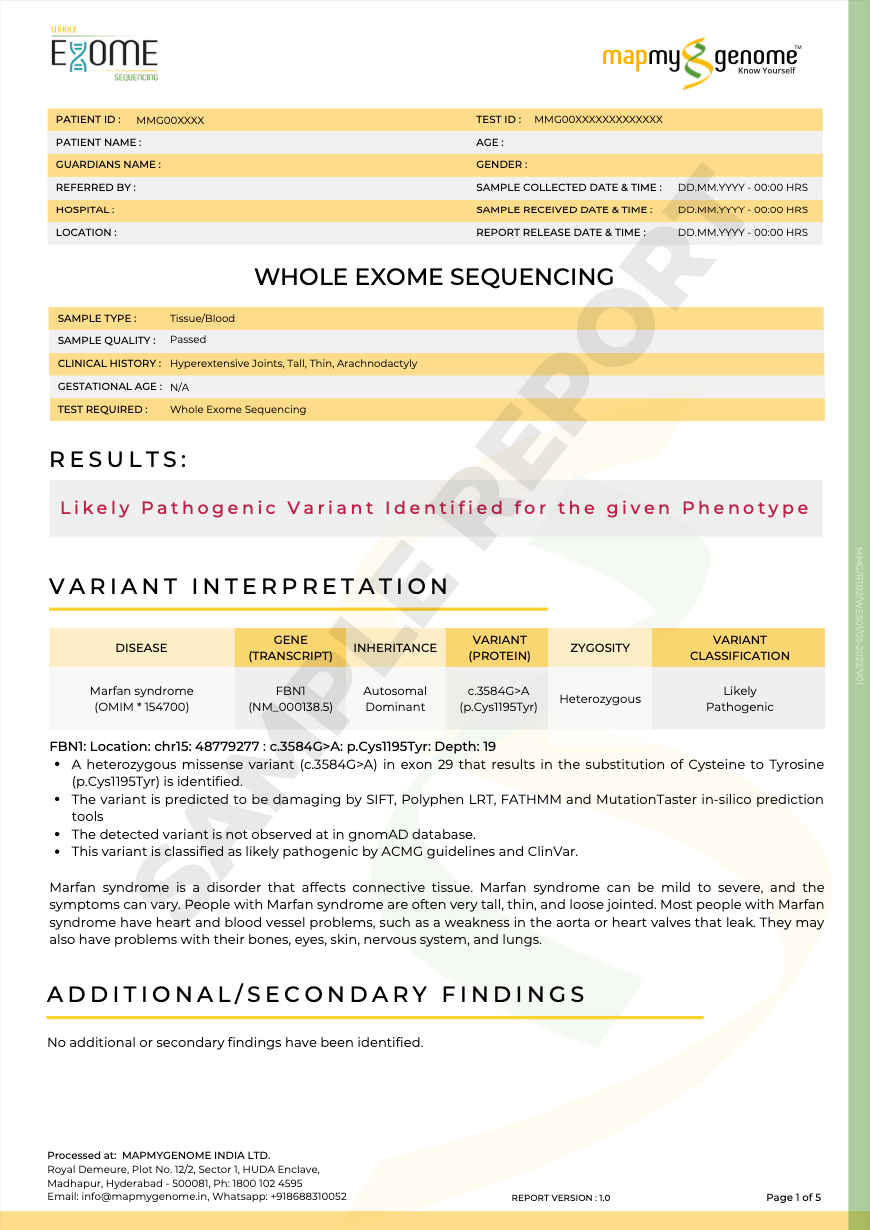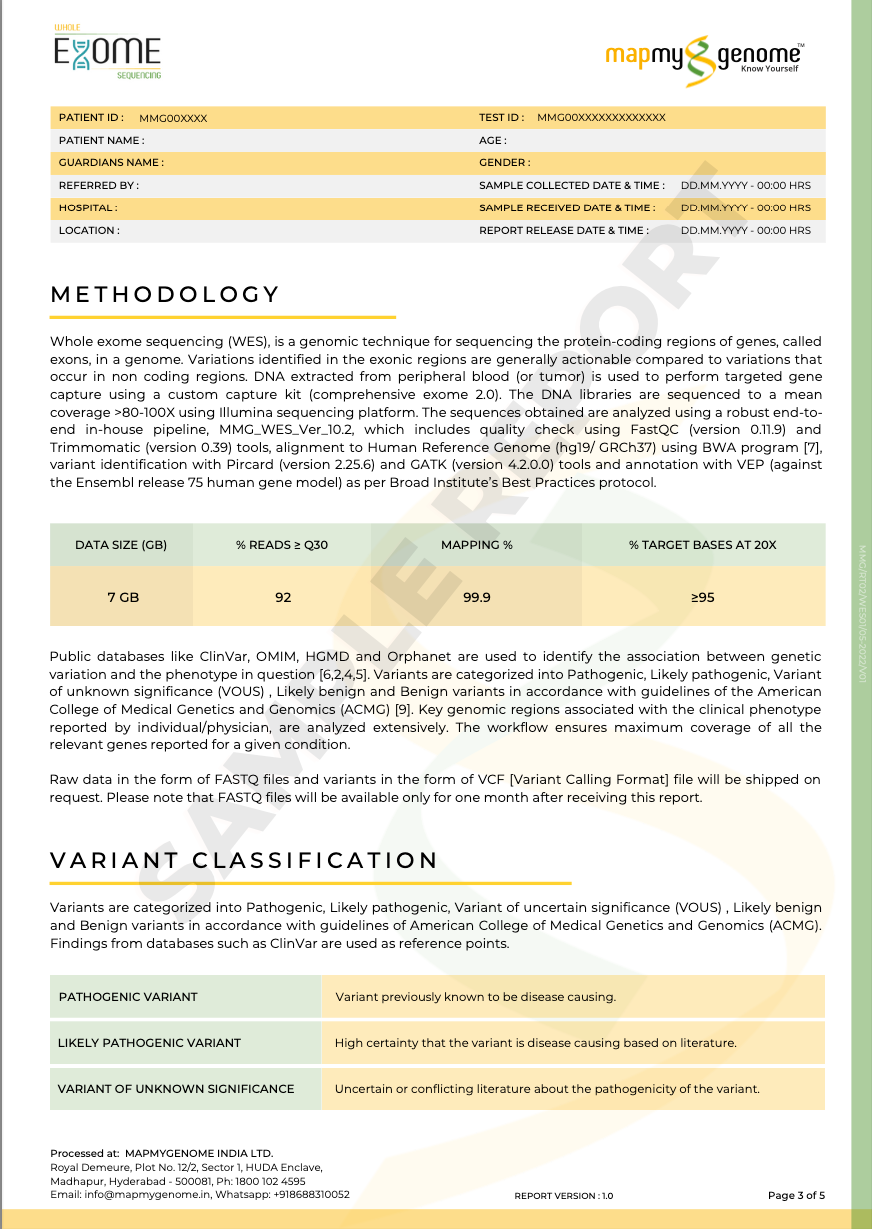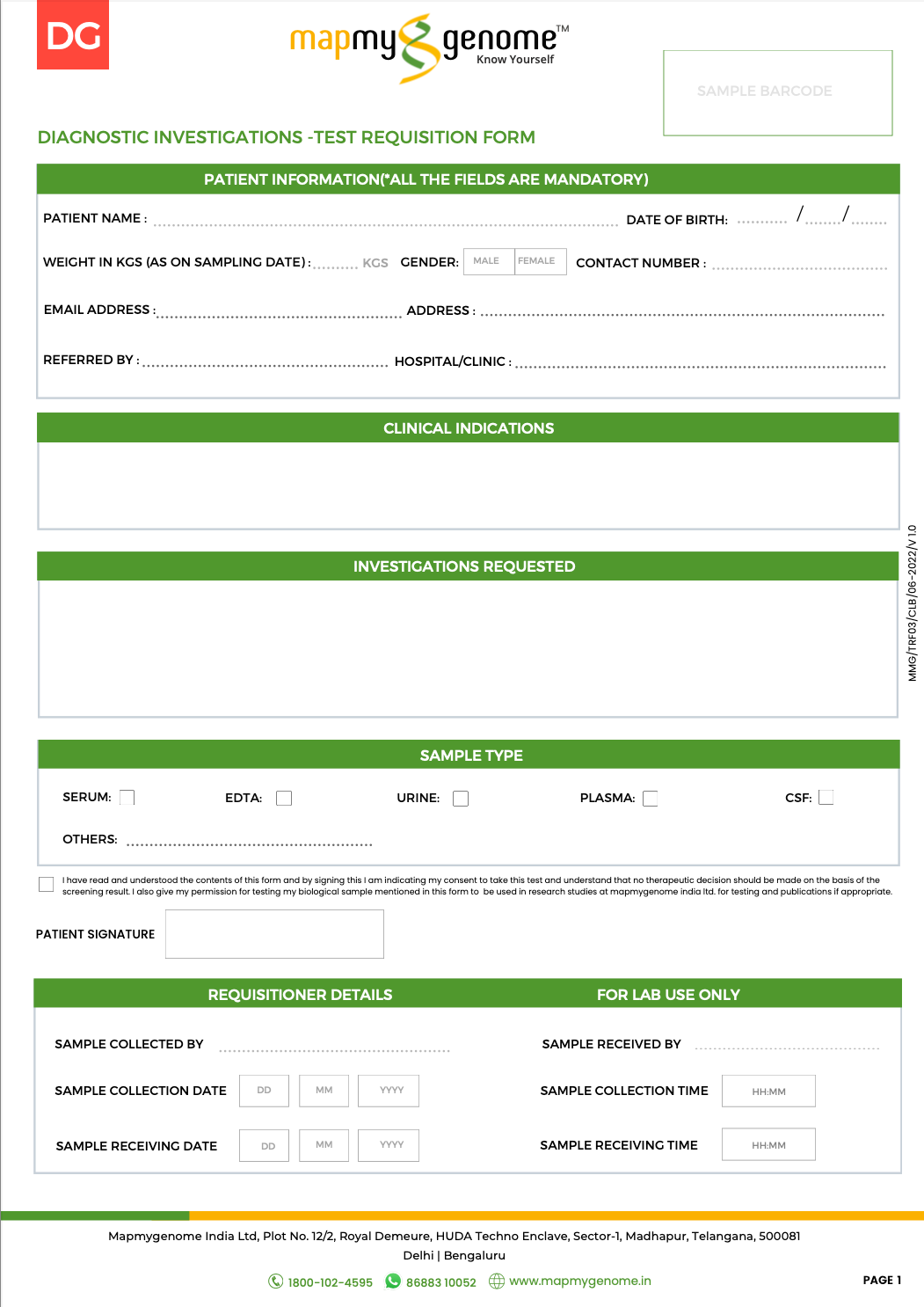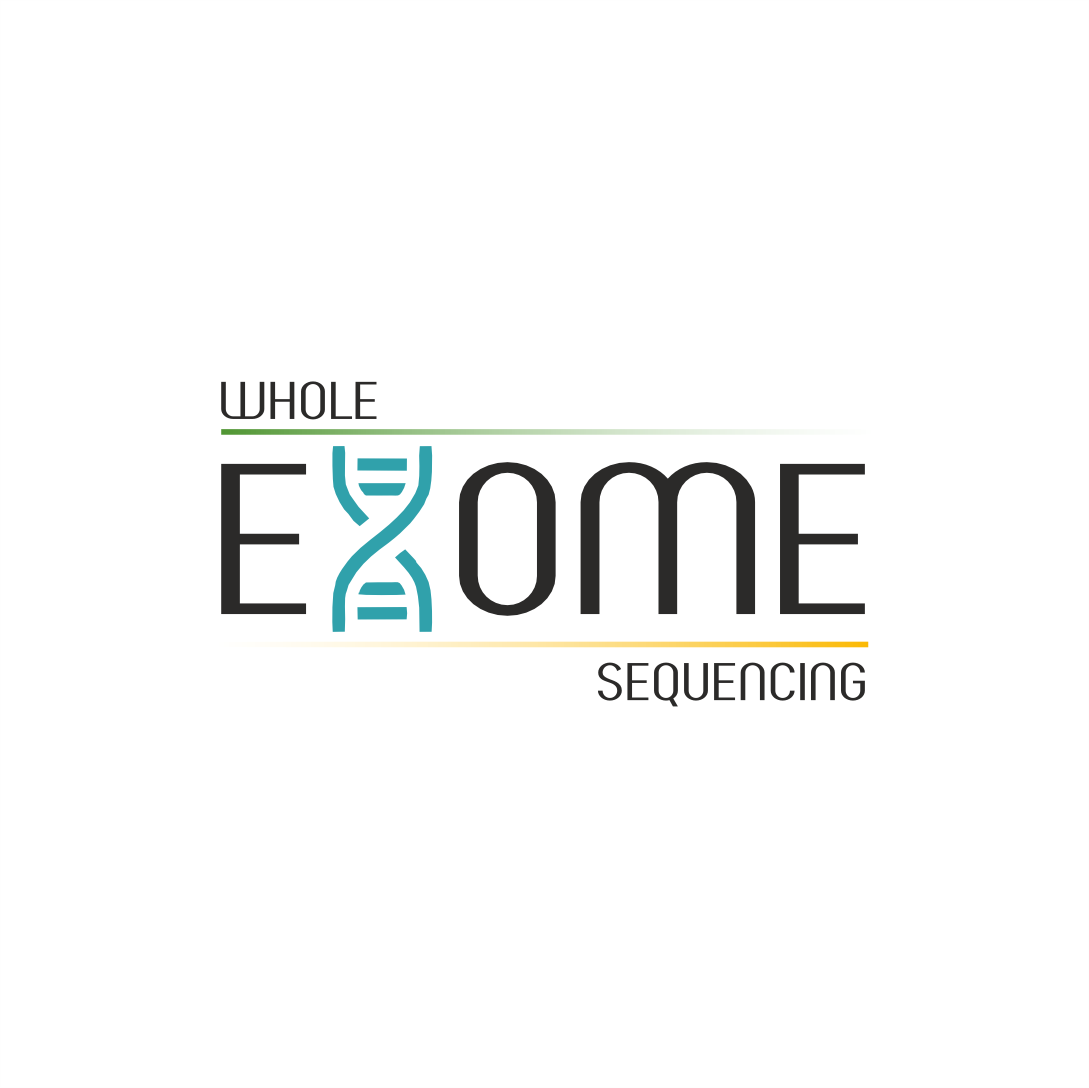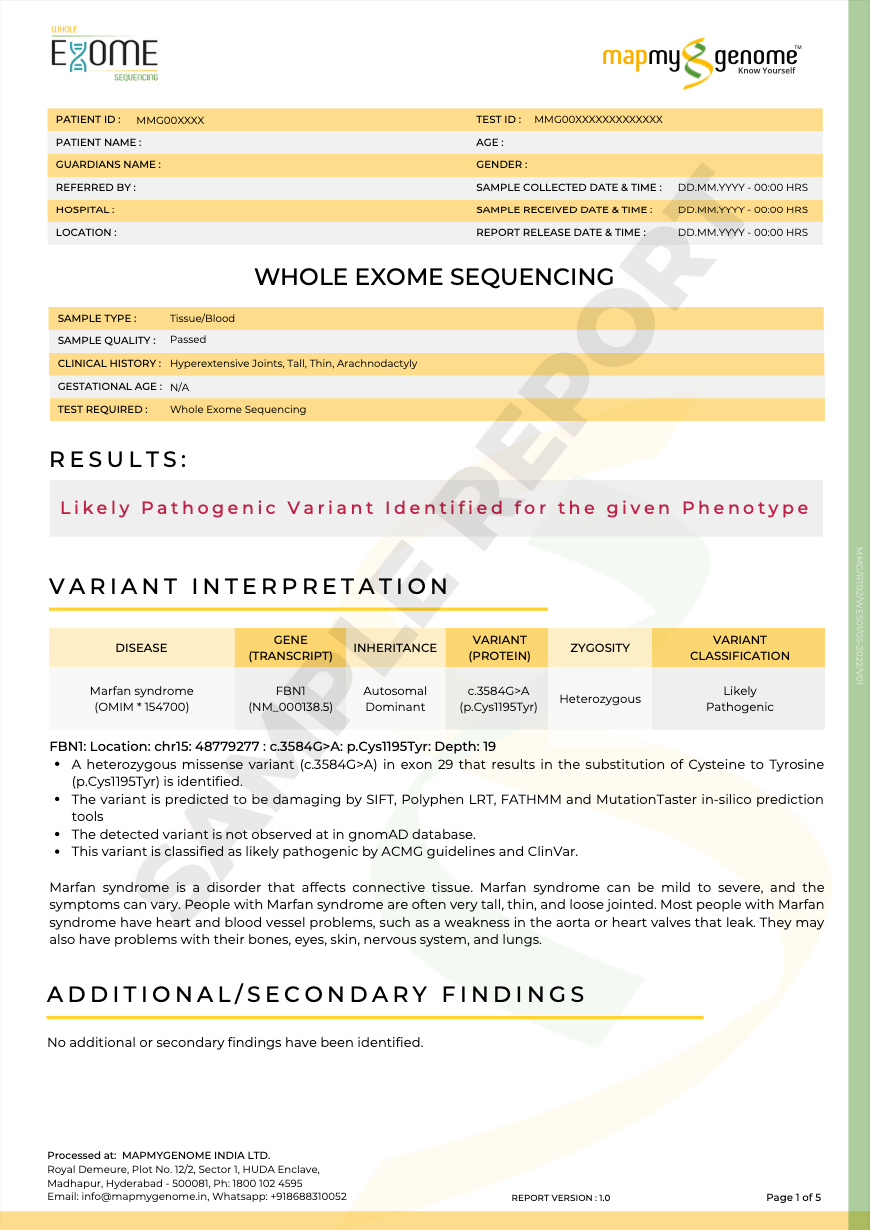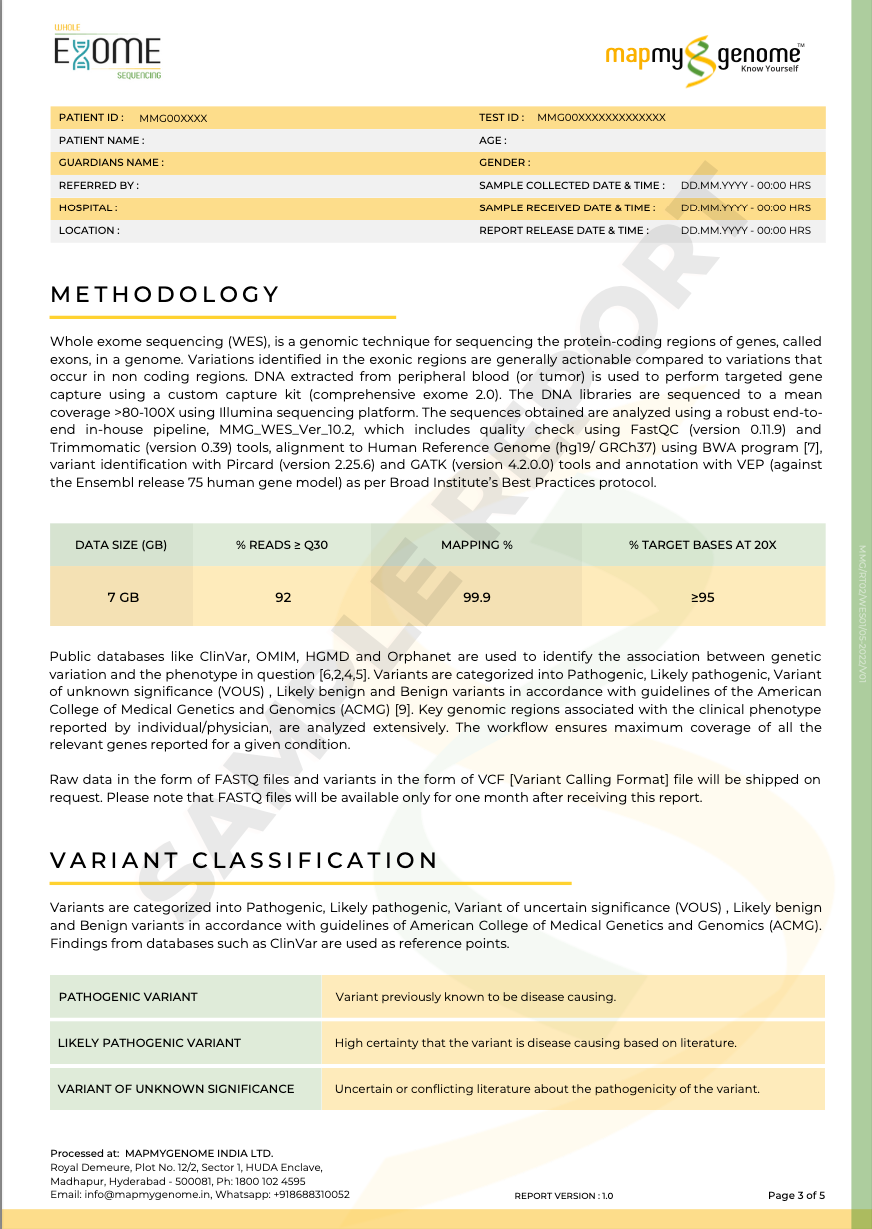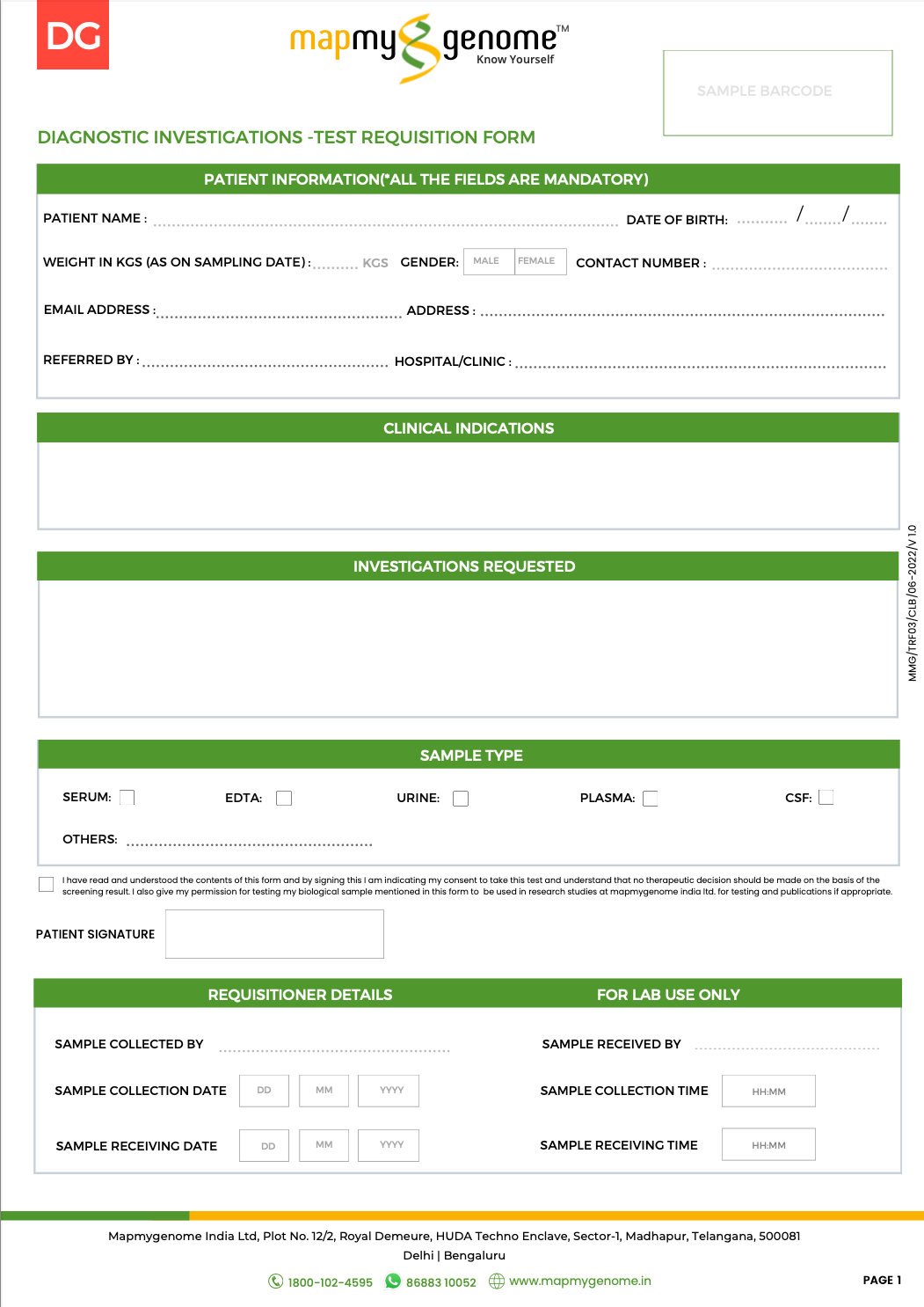Becoming a parent is one of the most exciting and life-changing decisions anyone can make. Along with the joy, there are important decisions that expectant or planning parents need to make to ensure the health and well-being of their future children. One of these decisions is whether to undergo carrier screening - a genetic test that can determine if a parent is a carrier for certain inherited genetic disorders. Understanding the role of carrier screening in family planning can offer peace of mind and help parents take proactive steps in ensuring a healthier future for their child.
What is Carrier Screening?
Carrier screening is a type of genetic test designed to detect whether an individual carries a gene mutation that could be passed on to their children. These mutations can cause inherited genetic disorders, many of which can be serious and life-threatening. The key thing to remember about being a carrier is that most carriers do not show any symptoms of the disorder themselves but can pass the mutated gene to their offspring.
Carrier screening is especially recommended for those planning a pregnancy or in the early stages of pregnancy. By undergoing this test, you can determine whether you or your partner carry any genetic mutations, allowing for informed decision-making around family planning.
How Does Carrier Screening Work?
Carrier screening is typically done through a simple blood test or saliva sample, which is analyzed in a laboratory to look for specific gene mutations that are associated with certain inherited conditions. The process generally follows these steps:
- Sample Collection: A sample of your blood or saliva is collected and sent to a specialized lab for analysis.
- Genetic Analysis: The lab will analyze your DNA for specific mutations that are known to cause genetic disorders.
- Results & Counseling: Your healthcare provider or a genetic counselor will discuss the results with you, helping you understand what it means for your pregnancy or future children.
It's important to note that if only one parent is a carrier of a particular genetic condition, the child will not develop the disorder. However, if both parents are carriers of the same genetic mutation, there is a 25% chance that their child will inherit the condition, a 50% chance that their child will be a carrier, and a 25% chance that their child will neither carry nor be affected by the mutation.
Common Genetic Conditions Detected by Carrier Screening
Carrier screening can detect mutations for a wide range of recessive genetic disorders. Some of the most common ones include:
-
Cystic Fibrosis (CF): A condition that causes severe damage to the lungs and digestive system, CF is one of the most common inherited disorders. Carrier screening can identify if you carry the gene for CF, which is especially important as carriers often show no symptoms.
-
Spinal Muscular Atrophy (SMA): SMA is a condition that affects the motor nerve cells in the spinal cord, leading to progressive muscle weakening. Carrier screening for SMA can help identify if you are at risk of passing this condition on to your child.
-
Fragile X Syndrome: This genetic condition causes intellectual disabilities, especially in boys. Carrier screening can detect if either parent carries the mutated gene associated with Fragile X Syndrome.
-
Sickle Cell Disease: This inherited blood disorder affects the red blood cells, leading to severe pain, infections, and anemia. Carrier screening can identify if you carry the sickle cell trait, particularly if you belong to populations with a higher risk, such as individuals of African descent.
These are just a few examples of the hundreds of genetic conditions that carrier screening can detect. The specific tests included in your carrier screening panel will depend on your background, medical history, and the recommendations of your healthcare provider.
Who Should Consider Carrier Screening?
While carrier screening can be beneficial for all expectant or planning parents, there are certain groups for whom it is highly recommended:
-
Couples with a family history of genetic disorders: If there is a history of inherited diseases in either parent’s family, carrier screening is essential to assess the risk of passing these disorders on to future children.
-
Individuals from specific ethnic groups: Some genetic conditions, such as Tay-Sachs disease and sickle cell anemia, are more prevalent in certain populations. Couples from these groups should strongly consider carrier screening.
-
Couples using Assisted Reproductive Technology (ART): Those undergoing treatments like in vitro fertilization (IVF) may choose to undergo carrier screening to ensure the embryos are free from certain genetic disorders.
-
Consanguineous Couples: Couples who are related by blood (e.g., cousins) have a higher risk of carrying the same genetic mutation. Carrier screening can help identify this risk.
-
Individuals planning pregnancy after age 35: While age alone doesn’t necessarily increase the risk of recessive genetic disorders, older parents may opt for comprehensive screening as part of their overall pre-pregnancy health planning.
Benefits of Carrier Screening
Carrier screening offers a host of benefits for parents, including:
1. Informed Decision-Making
Knowing whether you or your partner are carriers of genetic mutations allows you to make informed decisions about your family planning. If both partners are carriers for the same disorder, you can explore options such as preimplantation genetic diagnosis (PGD), egg or sperm donation, or adoption.
2. Proactive Healthcare Planning
If carrier screening reveals that your child may be at risk of a genetic disorder, this gives you time to prepare emotionally and medically. You can consult with specialists, make necessary lifestyle changes, or explore early treatments and interventions that can improve your child’s quality of life.
3. Peace of Mind
For many couples, carrier screening provides peace of mind by either confirming they are not at risk or allowing them to take the necessary precautions. Early awareness of a potential genetic risk can reduce uncertainty and anxiety during pregnancy.
4. Personalized Care
If you know you're a carrier for a genetic condition, your healthcare provider can offer personalized prenatal care based on your unique genetic profile. This ensures that your pregnancy and childbirth experience is tailored to your medical needs.
Understanding the Limitations of Carrier Screening
While carrier screening is a valuable tool in family planning, it’s essential to understand its limitations:
- Carrier screening cannot detect all genetic disorders: The tests usually focus on the most common and serious conditions. If you're at risk for a rare genetic disorder, additional testing may be required.
- It only tests for inherited conditions: Conditions caused by random mutations (e.g., Down syndrome) or environmental factors are not detectable through carrier screening.
- Results may require interpretation by a specialist: In some cases, the results may not be clear-cut, and you'll need a genetic counselor to interpret the findings and explain their significance.
Final Thoughts: Is Carrier Screening Right for You?
Deciding whether to undergo carrier screening is a personal choice that should be made in consultation with your healthcare provider. The test can provide valuable information about your risk of passing on inherited genetic conditions, helping you plan and prepare for your future family. As genetic testing becomes more advanced and accessible, carrier screening will likely become a routine part of pre-pregnancy planning for more and more families.
By understanding the potential risks and taking proactive steps, carrier screening offers parents the peace of mind and knowledge needed to make the best decisions for their child’s health.



